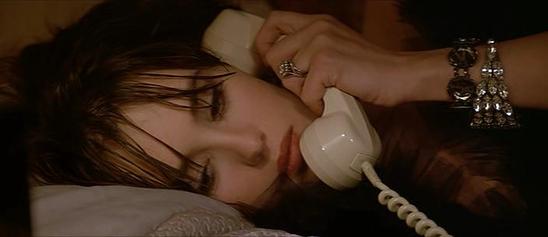 After stealing compromising documents at a party for the Paris Elite, Fred takes refuge in the Paris Metro. Fred hides out in the Metro after hours, encountering a bizarre array of various characters. There is the bodybuilder who works out using spare subway parts, a roller-skater who uses his skills to snatch purses, as well as a drummer whom helps lead Fred to start a Rock band. Throughout Fred's encounters in the Paris Metro, the police and owner of the documents, a very rich man, chase after him. This leads Fred to develop a relationship with the man's young trophy wife, who has become incredibly bored of her caged lifestyle. Luc Besson's Subway is a bizarre piece of stylish filmmaking that never quite knows what it wants to be or say. The film definitely throws the viewer into the action, wasting no time explaining anything, instead making the viewer figure out what is going on. Subway doesn't fit under any type of genre classification with moments of humor, action and romance that are reminiscent of Besson's more acclaimed work. The opening sequence of Subway, a car chase sequence, perfectly illustrates the immense talent for kinetic visuals and flair which would define Besson's career for years to come. This visual style is clearly the strength of the film, with Besson using great use of lighting, depth of frame, and composition to really make the Subway feel like another world entirely. I can see why Luc Besson's Subways has been called by many an experiment in style and while this is mostly true, the film does scratch the surface on some interesting topics like freedom from the establishment andmoney vs. happiness, but it never goes quite far enough in dissecting these ideas. 6.5/10
0 Comments
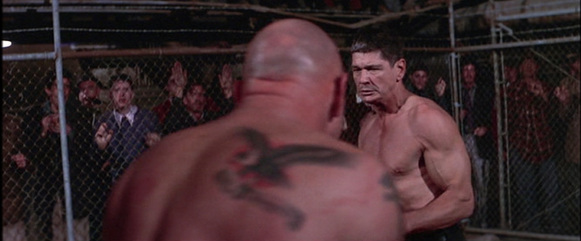 A film directed by Walter Hill starring Charles Bronson and James Coburn isn't exactly a hard sell for me and I'm kinda ashamed that it took me this long to see it. Hard Times takes place during the great depression, telling the story of Chane, an aging bare-knuckle boxer who scrounges around trying to make enough money to survive. On his journey he meets Speed, a low-end fight promoter, and together they form a team of sorts, stopping at every small town along their way in search of the next score. Although this is Walter Hill's first feature it clearly demonstrates his penchant for gritty, bare-boned storytelling that relies on a simple yet effective narrative and great characters. Bronson is the mild-mannered, near silent fighter and Coburn as the sleazy promoter who can talk his way out of anything. Bronson does this to survive while Coburn does it for the lavish lifestyle and together they make a great on-screen duo, with each character playing to the strength of these two screen legends. These characters couldn't be more different, creating a great character dynamic between the two of them. Much of the film is spent in dark, ugly bars, dilapidated warehouses, and unfurnished apartment buildings with Walter Hill emphasizing the rough times of the era while simultaneously capturing the extreme value of money during the depression. What is probably the most fascinating aspect of Hard Times though is how we still see the extremely wealthy individuals living a life of luxury, frequently profiting off of the less fortunate. Walter Hill's Hard Times is an impressive first-feature which captures the struggle of an era while simultaneously showing the gritty style that would define a career. 8.25/10 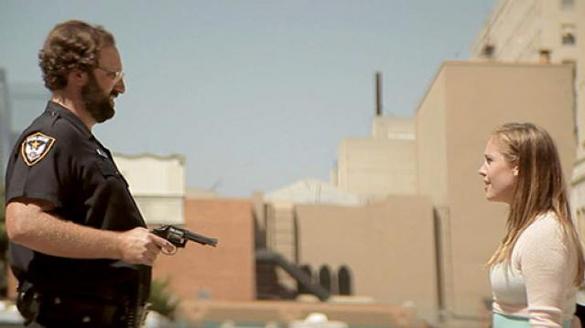 Quentin Dupieux's Wrong Cops is what one would expect from the oddity filmmaker extraordinaire. Wrong Cops centers around a group of deeply disturbed police officers, following their exploits over the course of a single day. The opening sequence of Wrong Cops is a great indicator of what one is to expect . We witness a police officer dealing marijuana to various young children, using the bodies of dead rats as a way to hide the drugs from detection. This is the type of absurd and offbeat humor to expect throughout Wrong Cops. It's rather shocking to read that so many people have criticized this film for not being cohesive or "lacking plot", especially considering that Wrong Cops may be Quentin Dupieux most accessible film-to-date, albeit still offbeat. There is no true narrative sure, but Wrong Cops' basic premise is easy to grasp and follow, while maintaining to keep a much less tired premise work across its running time, unlike Rubber. None of the characters in Wrong Cops are likeable in the slightest, most being vulgar, hopeless, and downright mean, which really just makes the whole film more enjoyable. Wrong Cops is lowbrow for sure but smart in its approach, successfully finding absurdity in the everyday situations of these police officers. The film definitely has its fair share of hits and misses but overall Dupieux film is one that's comedic intentions are very fresh compared to much of the other R-rated comedies coming out these days. 7.5/10 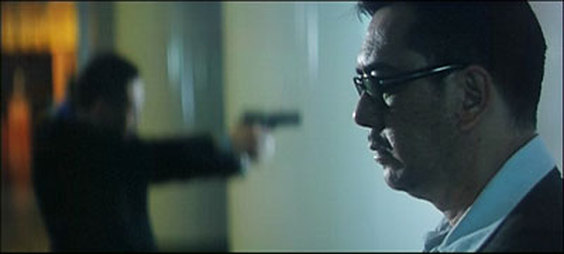 After a failed assassination attempt on his life, crime boss Lung, instructs his lead henchman and brother Frank to find the man responsible for this sinister plot. Frank goes out and hires a group of hired guns, each with their own area of expertise. Some of these men Lung has worked with in the past, some are new, but they all work together to protect Lung from this mysterious threat. Johnnie To's The Mission is a stylistic action film that is a strong example of the auteur's kinetic style used in crafting many of his crime thrillers. To's action scenes are truly unique, with great use of composition and camerawork that make the scenes thrilling but also like nothing many have seen before. The Mission shows firsthand that a film with a simple story can still be riveting, reminding viewers that cinema is a visual medium. Make no mistake, The Mission is not a action-extravaganza but a film that understands that the quiet sometimes comedic scenes only make the action scenes more vibrant and impressive. Throughout The Mission the various assassination attempts are routinely unexpected, giving this entire film a great sense of tension from start to finish. This is a filmmaker enamored by this type of gangster lifestyle and The Mission spends time capturing this ragtag group of men with depth, showing their more playful side while constantly reminding the viewer the little effect extreme violence has on these mens' souls. I wouldn't go as far as to say The Mission is one of Johnnie To's best films but it's another solid kinetic crime thriller from his canon. 7.5/10 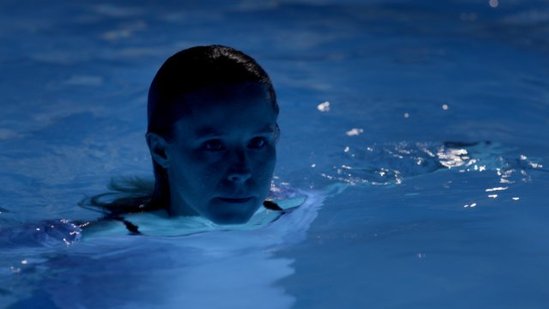 Staring at 30 year's old, Leigh begins to suffer a bit of an identity crisis when her personal and professional life come crashing down in unison. Seeking refuge the only place possible, Leigh returns to her hometown where she lives with her parents. Reverting almost entirely back to her high school days, Leigh reclaims her old job as a lifeguard and hangs out with her other high school friends who never left town. As Leigh puts off her responsibilities, she enters into an illicit relationship with a teenage boy, which affects everyone and everything around her. Liz W. Garcia's The Lifeguard is a story about the quarter-life crisis where young Leigh is forced to identify what she wants to do with her life. Unfortunately Liz is simply a character that is somewhat hard to root for, coming off as a whiny 29 year-old who never feels troubled but simply entitled. The Lifeguard touches on the lessons young and old can learn from each other and the idea that their is no escaping life but it does so in a way that is rather bland, never doing anything that separates itself from other films tackling similar themes. Liz W Garcia's The Lifeguard relies heavily on Kristen Bell's performance while simultaneously keeping the character pinned down to its narrative intentions. There is no breathing room in the performance because of this and while Bell does her best the character never feels organic to the viewer, merely another character who serves the narrative. 3/10  Paul is in love with two women. One of them is his wife, Adriana, who he has been married to for ten years and has a young daughter with. The other is Raluca, a younger woman, who makes Paul feel young and vibrant. Tuesday, After Christmas tells the story of Paul's relationship with these two woman and his contemplation of who he wants to be with. This is a very honest, genuine depiction of such events. It never feels overly dramatic, and is much more of a slow burn. The film opens with Paul and Raluca, in bed together post-coitus. Its a great way to start off the film because as we watch them lie in bed we begin to realize how much these two characters seem to be in love with one and other. When Paul is with his wife, Adriana, there is a noticeable lack of passion; at least comparatively, but its very familiar for Paul. About two thirds through the film Paul does make a decision, and much like everything before it, its very well done. This is a film that some may found slow, but I found its depicition of love and ones ability to fall in and out of it a refreshing take on a difficult emotion. Tuesday, After Christmas has a great script which balances its comedic and dramatic moments to deliver an intricate character study of a man's two relationships. 8/10 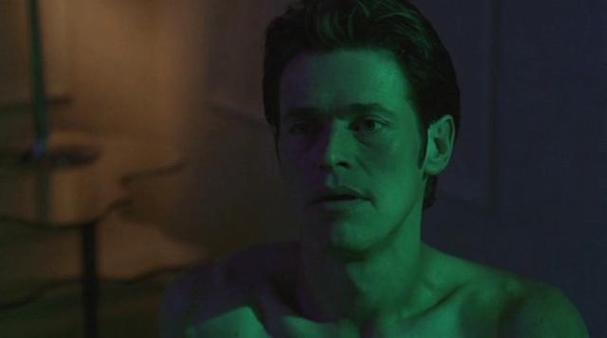 It has always been incredibly shameful to me that Paul Schrader's is only really known for his contribution to Taxi Driver by the mainstream/ casual fan of cinema. From his other writing credits like Rolling Thunder, to his other directorial accomplishments in Hardcore and Blue Collar, Schrader has proven that his has a truly unique perspective at capturing the gritty undertones that inhabit the various aspects of life as we know it. Paul Schrader's Light Sleeper is a fascinating film about a high class drug dealer who comes to terms with himself and his profession. Usually I hate voice over as a device but it really works well in Light Sleeper, effectively capturing the main protagonist's perspective. Dafoe's main protagonist character is intricately displayed and while he is at first presented as a character who isn't particularly likeable, the viewer really begins to care about his plight as a character. The setting is perfect for this story, with the pre-Guiliani setting only enhancing the thematic elements of the film, creating a truly immersive experience. Paul Schrader's Light Sleeper is a grimy exploration of a not so likeable character that may very well be Schrader's most impressive film. 9/10 |
AuthorLove of all things cinema brought me here. Archives
June 2023
|
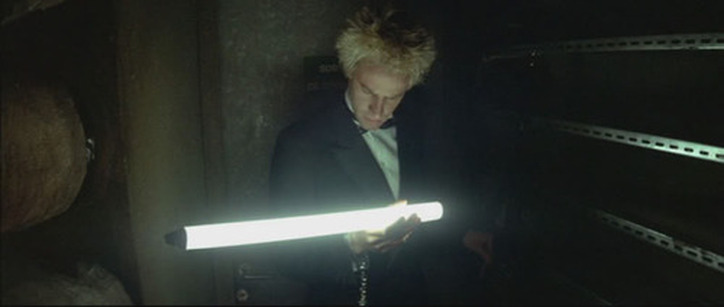
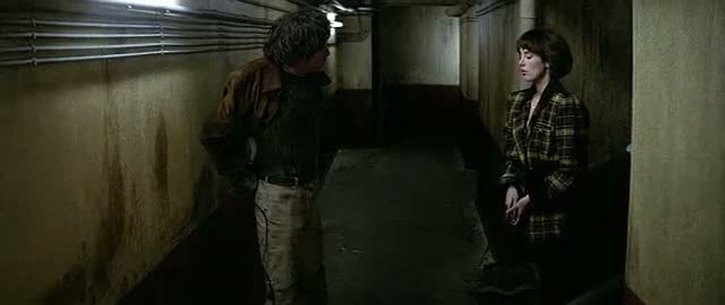
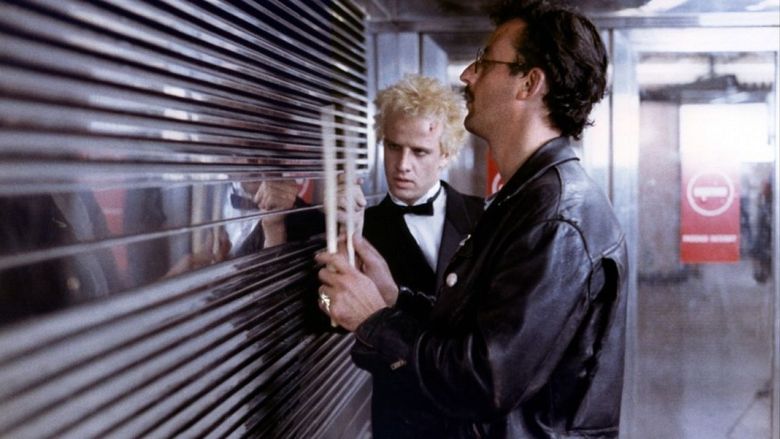
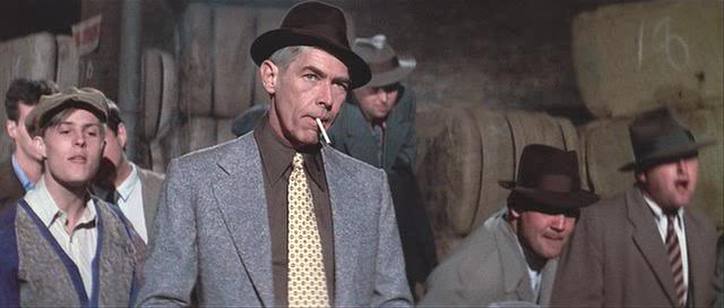
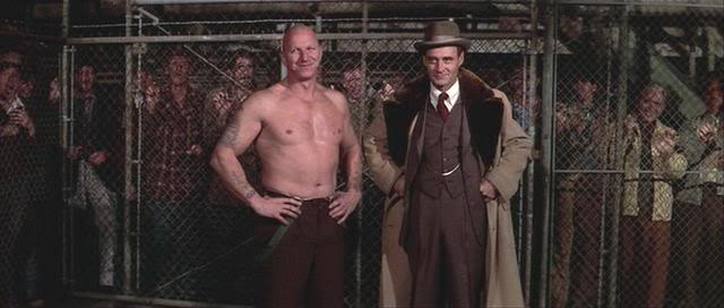
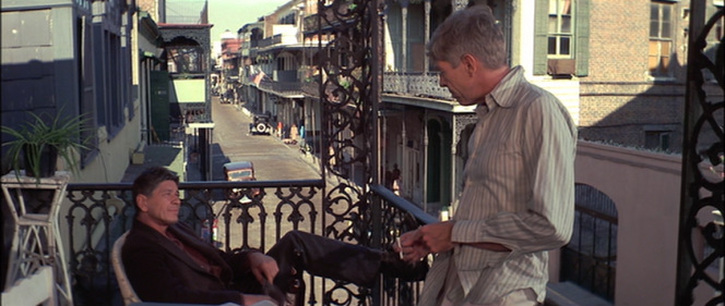
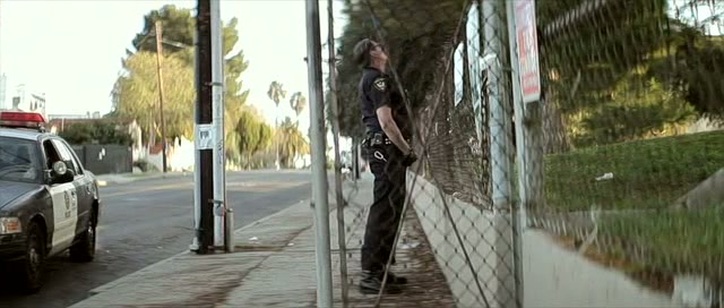
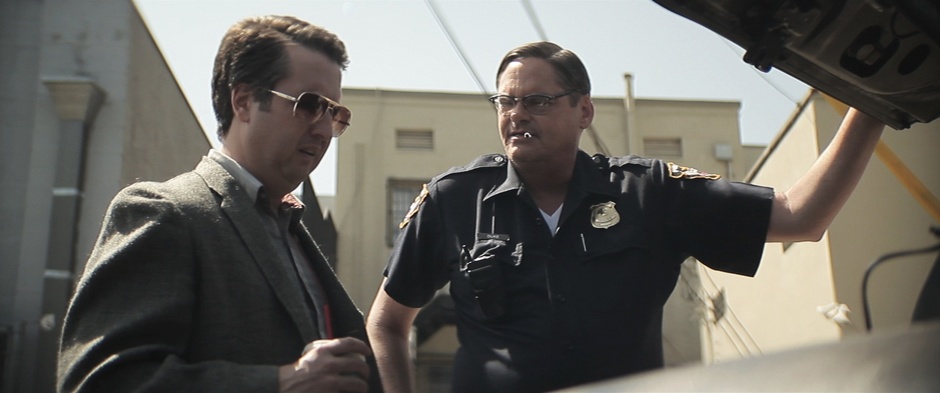
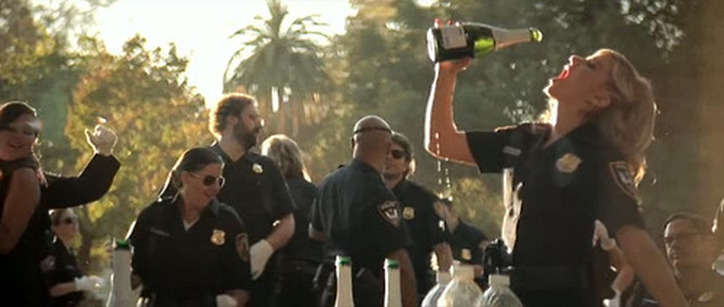
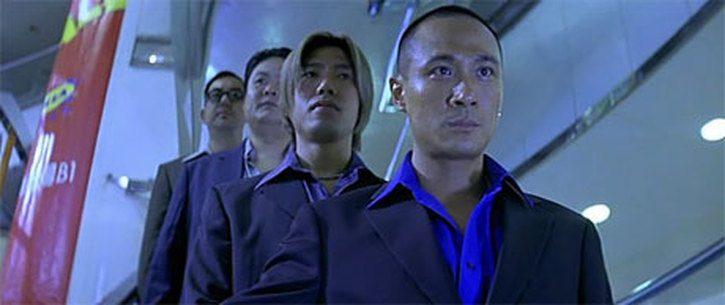
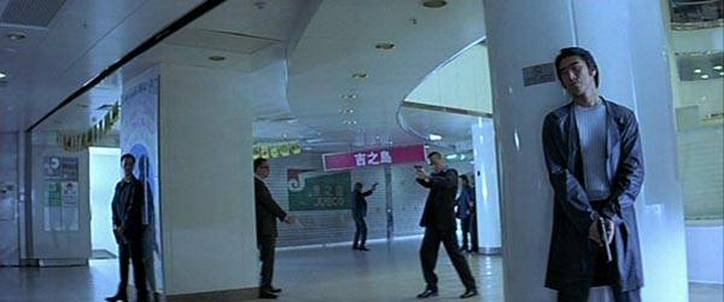
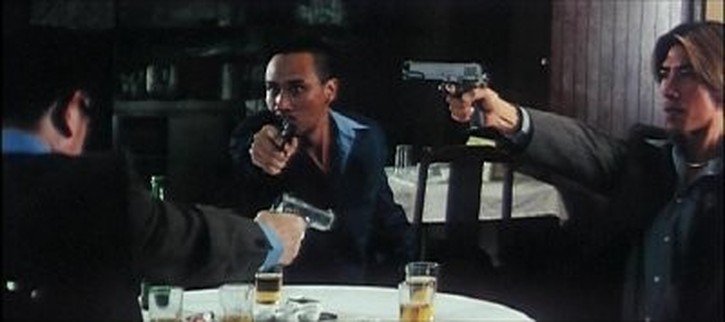
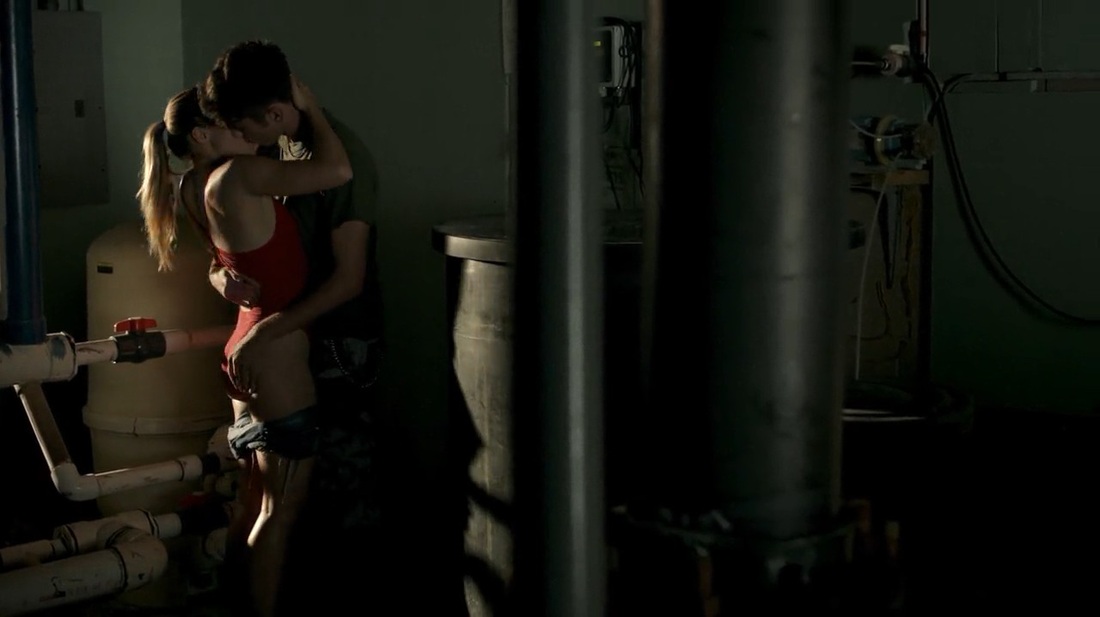
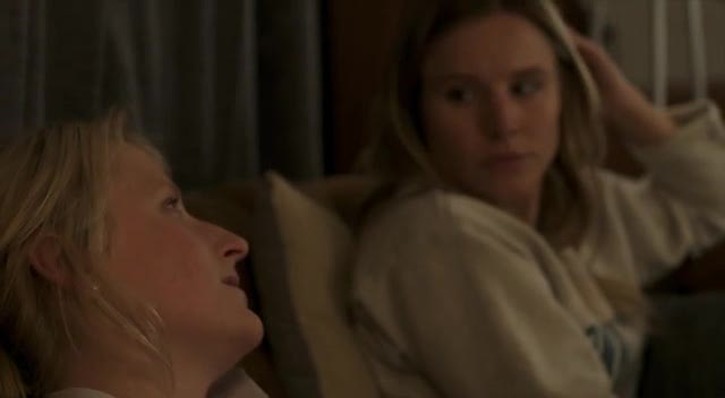

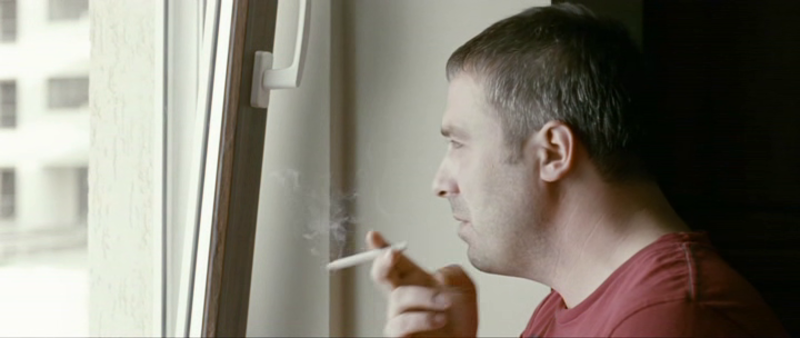
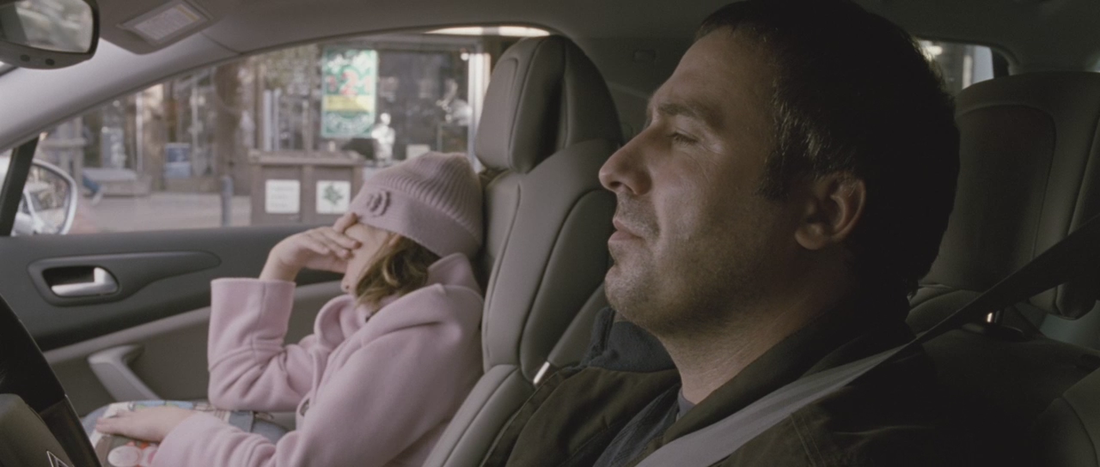
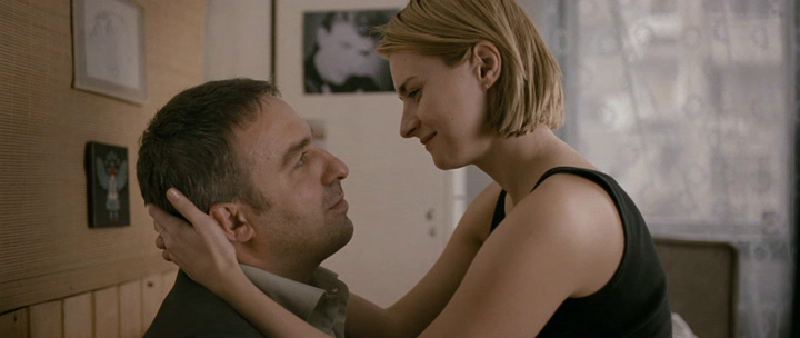
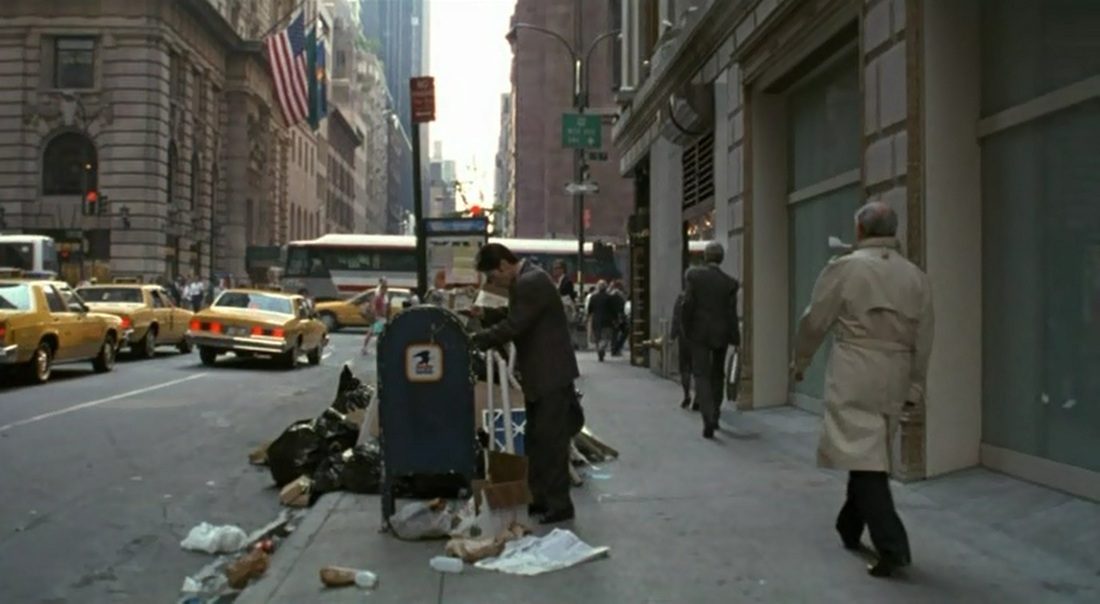
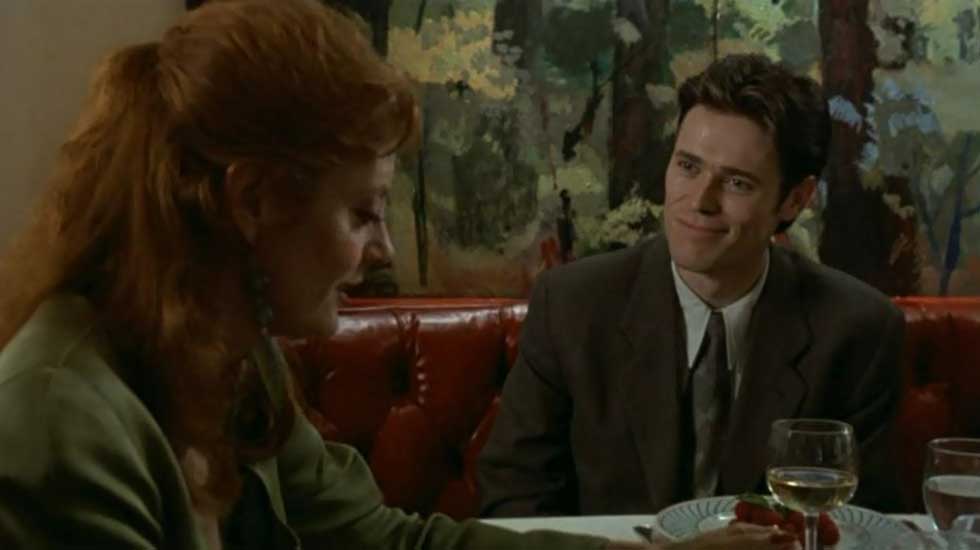
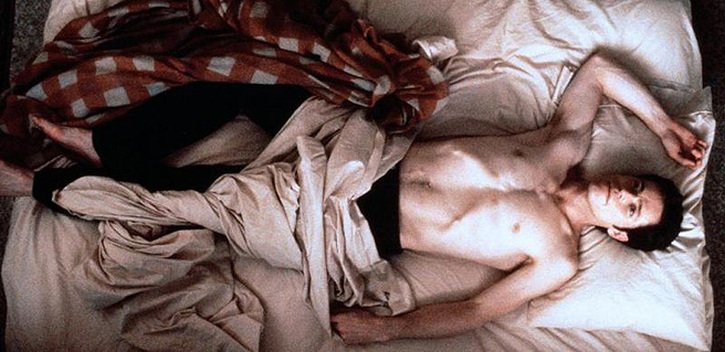
 RSS Feed
RSS Feed
